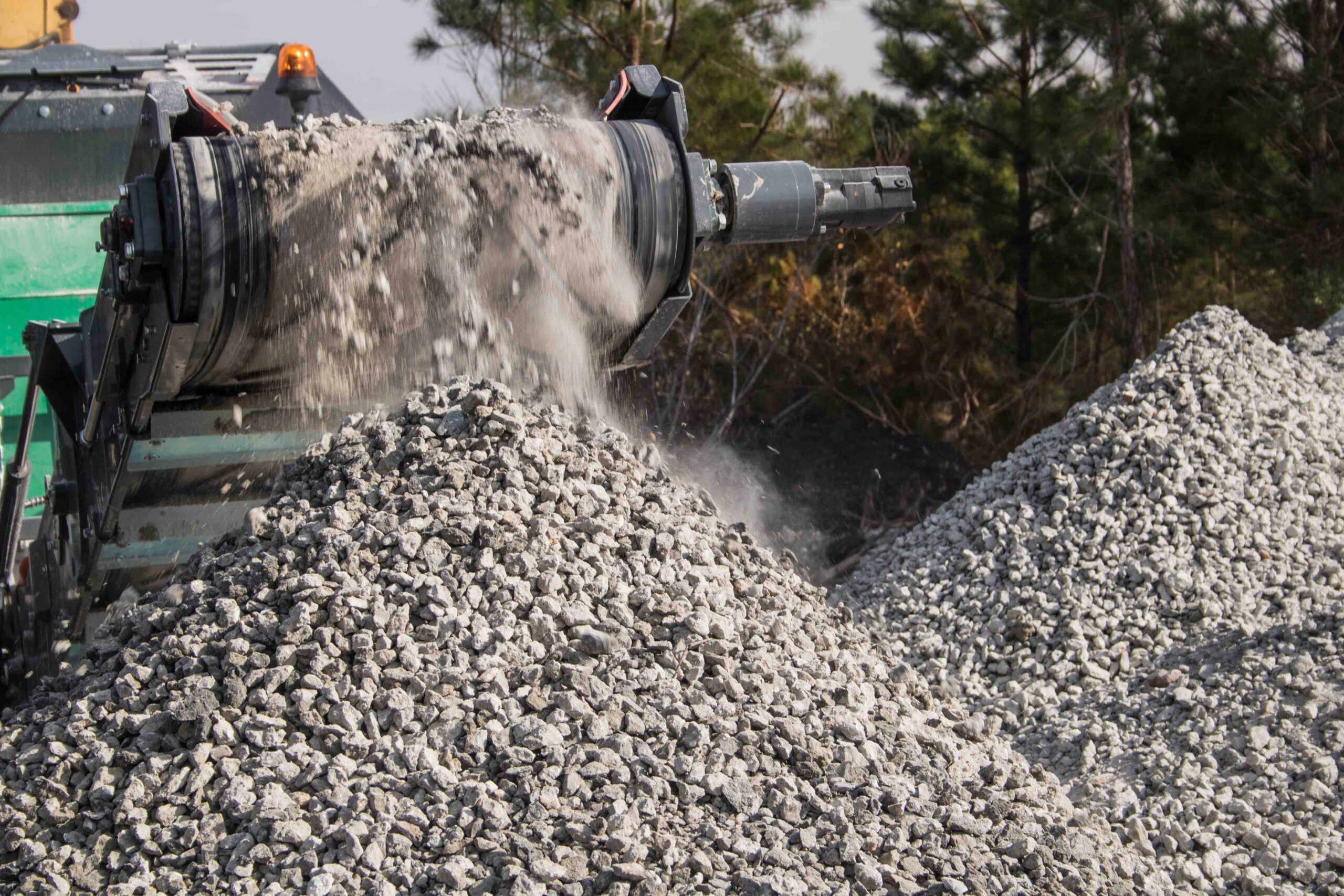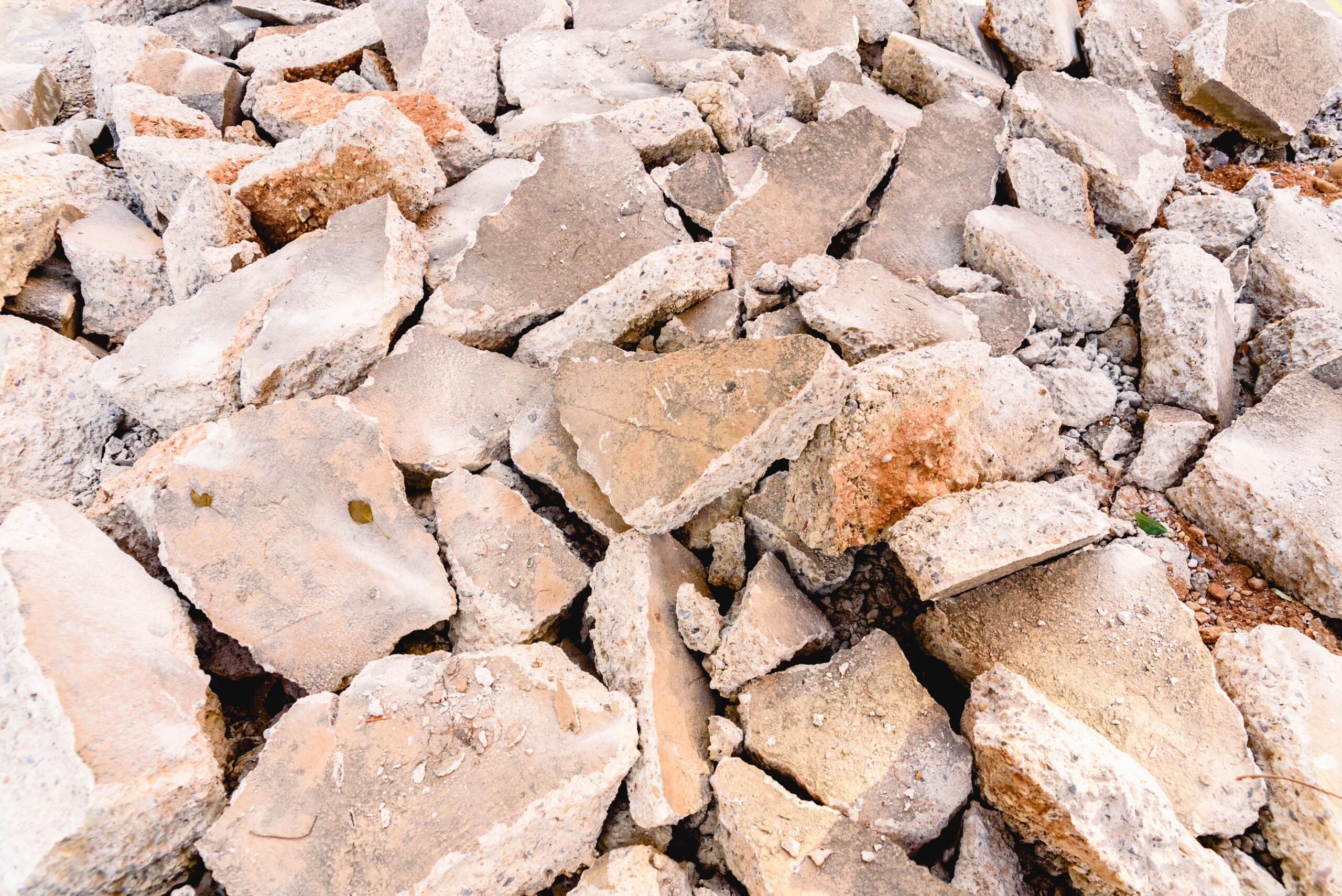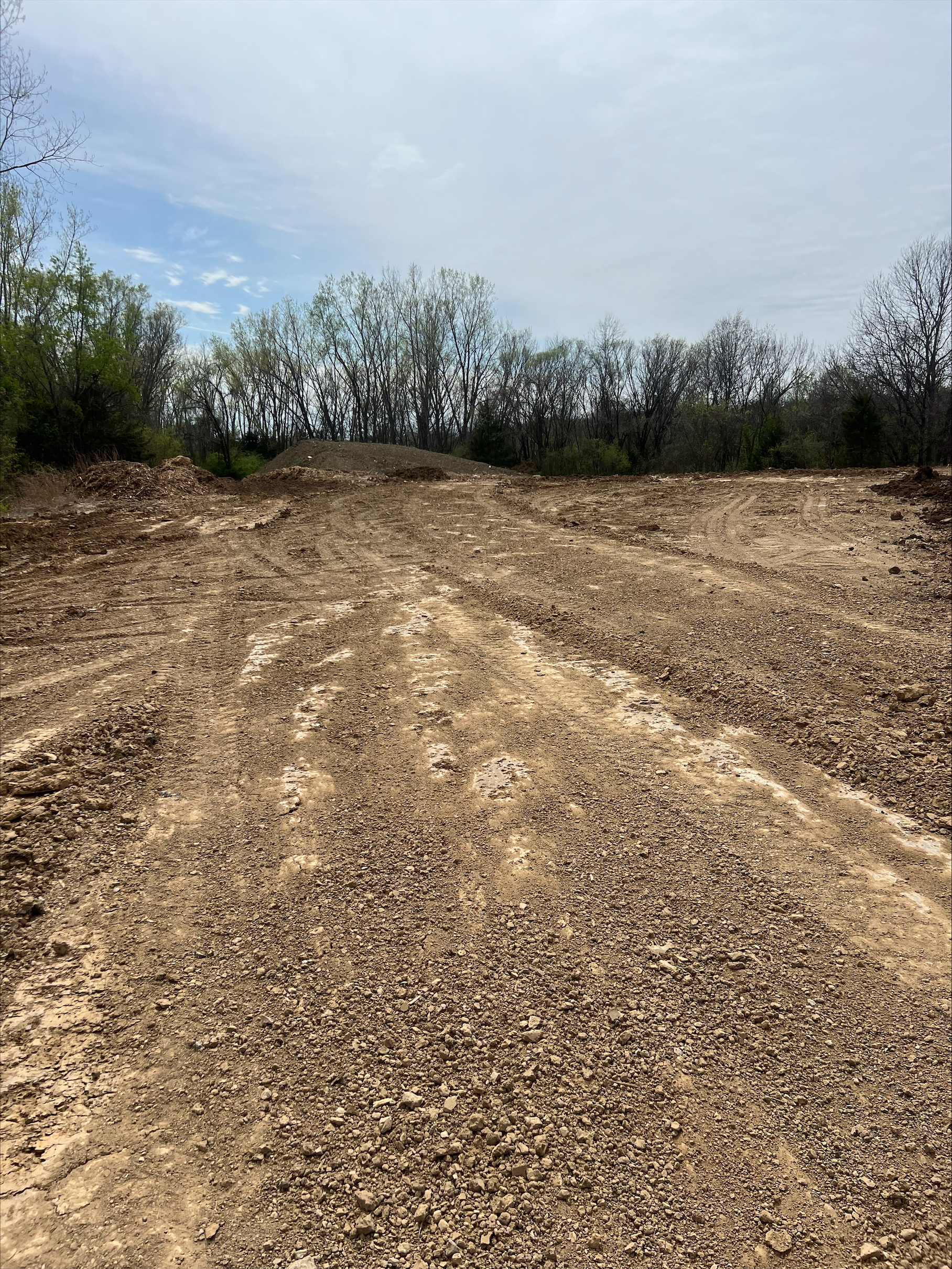Advantages of Buying Crushed Concrete Rock
The utilization of crushed concrete rock offers notable environmental advantages. By repurposing concrete waste into construction material, the construction industry can effectively reduce the volume of waste sent to landfills, promoting sustainable waste management practices. This eco-friendly approach contributes to the conservation of natural resources and helps to minimize the environmental impact associated with traditional quarrying and extraction of natural aggregates.
Furthermore, the cost-effectiveness of crushed concrete rock serves as a key incentive for its widespread use. In comparison to natural aggregates, crushed concrete rock is often more economically viable, making it an attractive option for various construction projects. This cost-efficiency enables construction companies and local authorities to allocate their resources more effectively, facilitating sustainable development without compromising the quality and integrity of the construction.
Moreover, the durability and versatility of crushed concrete rock are significant advantages. Its robust nature makes it suitable for various construction applications, including road foundations, drainage systems, and structural support. The resilience of crushed concrete rock against harsh weather conditions and heavy loads contributes to the longevity of construction projects, reducing maintenance costs and ensuring the stability of structures over time.
Drawbacks of Buying Crushed Concrete Rock
Despite its numerous benefits, the procurement of crushed concrete rock also presents certain challenges that warrant careful consideration. One of the primary concerns is the potential variability in the quality and composition of the material. As recycled materials, crushed concrete rocks may exhibit variations in their properties, which can impact the overall structural performance of the final construction. Therefore, rigorous quality control measures and comprehensive testing are essential to ensure the consistency and strength of the material meet the required construction standards.
Additionally, the processing and handling of crushed concrete rock require specialized equipment and skilled labor. Inadequate machinery or improper handling practices can lead to substandard construction and safety risks. Therefore, comprehensive training, equipment maintenance, and stringent quality control protocols are crucial to ensure the successful utilization of crushed concrete rock in construction projects.
Conclusion
In conclusion, the adoption of crushed concrete rock in construction offers significant environmental benefits, cost-effectiveness, and structural versatility. However, meticulous quality assessment, appropriate processing, and skilled labor are essential to address the challenges associated with this recycled material. By navigating these advantages and challenges effectively, the construction industry can leverage the potential of crushed concrete rock to promote sustainable development and minimize environmental impact in the built environment. To help promote sustainability, reduce environmental impact and encourage recycling you can buy and sell your Crushed Concrete Gravel on Borrow-Pit.com!





 Kansas City’s Go-To Dump Sites for Vac Truck Debris, Brush, and Clean Dirt
Whether you're..
Kansas City’s Go-To Dump Sites for Vac Truck Debris, Brush, and Clean Dirt
Whether you're..